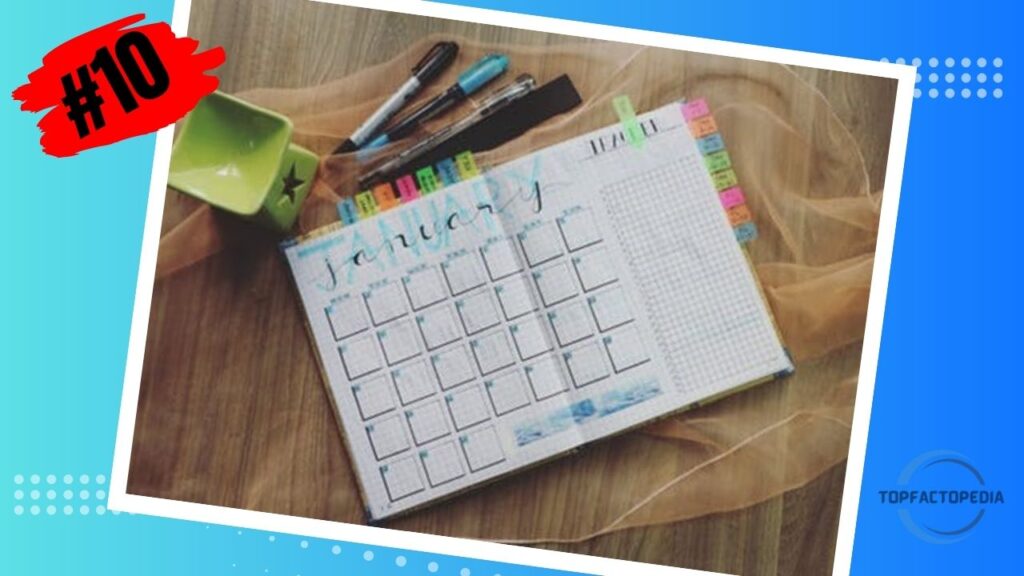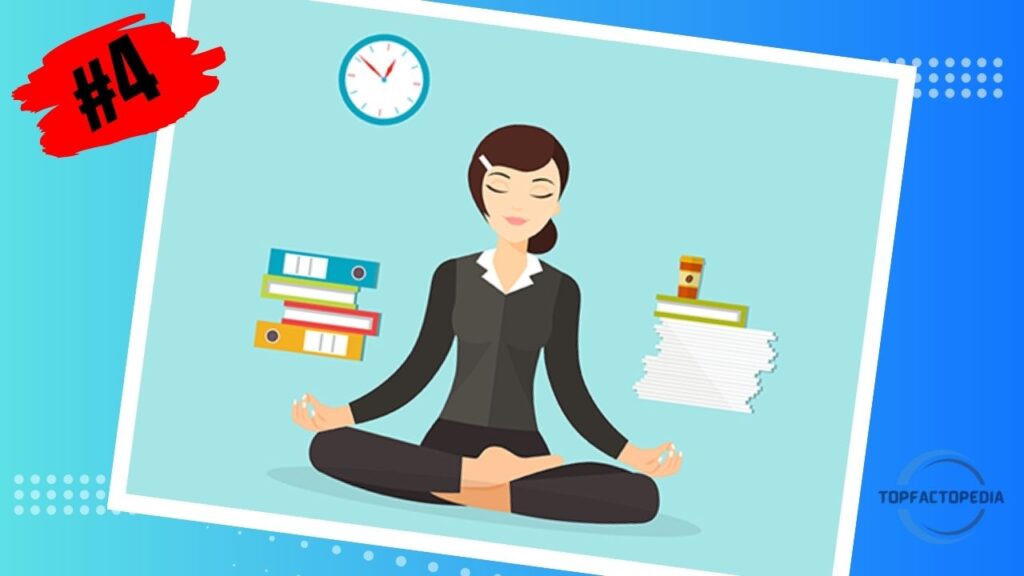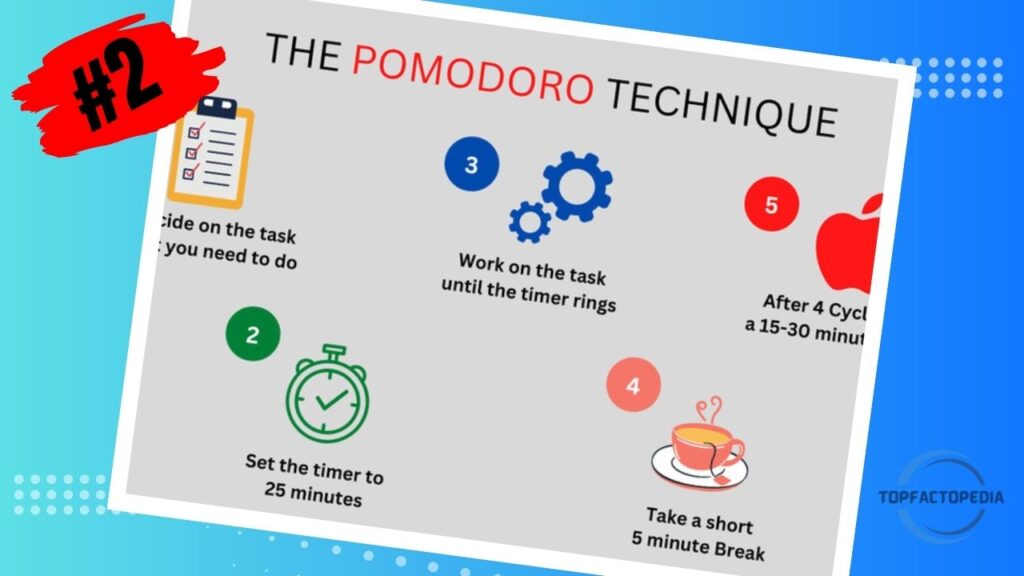
Learning new material can be difficult, particularly if you are a person who is easily sidetracked. Nevertheless, there are a lot of strategies that you can use to sharpen your focus and increase your output. Here are some of the most effective tricks on how to focus on studies for exams and unlock your productivity potential.
Let’s be honest: studying isn’t exactly the most exciting activity in the world. The thought of having to sit at a desk, read through numerous textbooks, and attempt to take in information is enough to make anyone wish they could just hide under their blankets and go to sleep. But you shouldn’t be afraid, my fellow students! Your time spent studying doesn’t have to be a drag if you know how to incorporate some simple strategies into your routine. Now that you have your favourite snacks and energy drinks in hand, it’s time to dive into some of the most effective strategies for maintaining your concentration on your studies and acing that test!
10. Create a study schedule

It is absolutely necessary to have a well-structured study schedule in order to effectively manage time and keep one’s concentration. Make sure there is a fair distribution of study hours by setting aside certain blocks of time for each individual topic or subject. Maintaining a consistent adherence to the schedule will help you develop a study routine that will maximise your productivity.
9. Find a quiet study space to focus on studies

You should pick a place to study that caters to your personal preferences and encourages concentration. While some people are more productive in quiet environments like libraries or study rooms, others thrive with some ambient noise in the background. Experiment with a variety of settings to find the one in which you are able to concentrate the most easily and suffer the fewest interruptions.
8. Use active studying techniques

Implementing efficient study methods can significantly improve one’s ability to concentrate and retain information. Enhancing one’s comprehension and engagement with the material can be accomplished through the use of strategies such as active recall, summarising information in one’s own words, and teaching concepts to another person. Explore a variety of approaches and see which ones yield the best results for you before settling on one.
7. Take breaks

It is absolutely necessary to take frequent breaks in order to avoid mental exhaustion and keep one’s concentration intact. After finishing a study session or a Pomodoro interval, make sure to give yourself a short break to unwind and reenergize. Stretching, going for a short walk, listening to music, or practising deep breathing exercises are all great ways to give your mind a boost and make it more ready to tackle new challenges.
You May Also Like: 5 Most Interesting Oculus Experiments And Projects You Won’t Believe
6. Remove distractions

Find and get rid of any potential distractions so that you can keep your concentration during study sessions. You should either turn off the notifications on your phone or move it to another room. You can use apps that block websites to prevent access to distracting websites. You should let your roommates or family members know when you plan to study so that they won’t interrupt you. You can get the most out of your studying time if you designate a space that is free from distractions.
5. Stay hydrated and well-fed

Maintaining proper hydration and nutrition can assist in maintaining alertness and concentration. Keep some water and nutritious snacks nearby so that you won’t be distracted by feelings of thirst or hunger.
4. Practice mindfulness

The degree to which you are healthy physically and mentally has a significant bearing on your capacity to focus and concentrate. Make sure you get enough rest so that your brain can function properly and you can consolidate your memories. Keep a healthy diet, get regular exercise, and drink plenty of water to keep your body in tip-top shape. Meditation and keeping a journal are just two examples of stress management practises that can help reduce anxiety and improve mental clarity when practised regularly.
3. Stay Motivated and Reward Yourself

Keeping your motivation up while studying for an exam is absolutely necessary in order to maintain your focus. Establish well-defined objectives, and then partition those objectives into more manageable steps. You should recognise your accomplishments by giving yourself rewards, such as quick breaks, things you enjoy doing, or treats of various sizes. These perks serve as motivational tools and help cultivate productive patterns of study.
You May Also Like: Top 7 Most Genius and Smartest Countries in the World 2023
2. Use the Pomodoro technique

The first 25 minutes of this method are dedicated to hard work, and then there is a short break that lasts for five minutes. After the first four rounds, you should go on a longer break. This approach can help you maintain your concentration and productivity while also providing your brain with a chance to relax and recharge.
1. Get enough sleep

A sufficient amount of sleep is critical for achieving one’s full cognitive potential. Fatigue, decreased concentration, and decreased productivity are all potential outcomes of sleep deprivation. Make sure you get enough rest by establishing a regular schedule for your sleeping habits and giving sleep the priority it deserves over other activities when it’s necessary.
Conclusion
There are a lot of strategies that can help you concentrate on your studies and release the full potential of your productivity. You are able to achieve your academic goals by maximizing your focus and productivity, creating a study schedule, finding a quiet study space, employing active studying techniques, taking breaks, removing distractions, maintaining proper hydration and nutrition, practising mindfulness, and making effective use of technology.
Few More Queries
- What is the best time to study?
According to science, there are two windows of time the brain is most receptive to new material: 10:00 am to 2:00 pm, and 4:00 pm to 10:00 pm.
- When I study I feel bored.
Sitting in the same position for hours, especially when you are studying for a big exam, can lead to massive bouts of boredom. Try breaking it up with small breaks every hour or so. If you have been sitting down for a long time, take a stretching break.
- Does music help you study?
Research has shown that music can help you focus, concentrate, relax, feel motivated, improve memory and make the process much more enjoyable.



